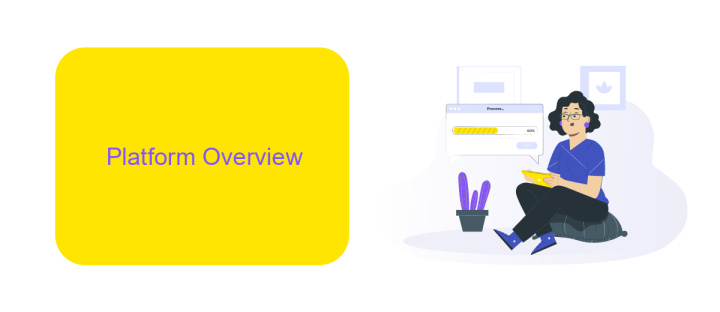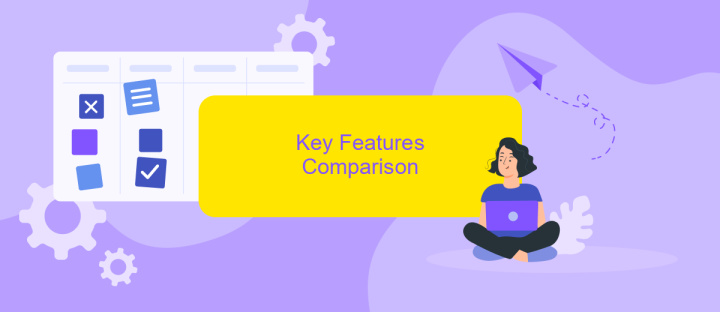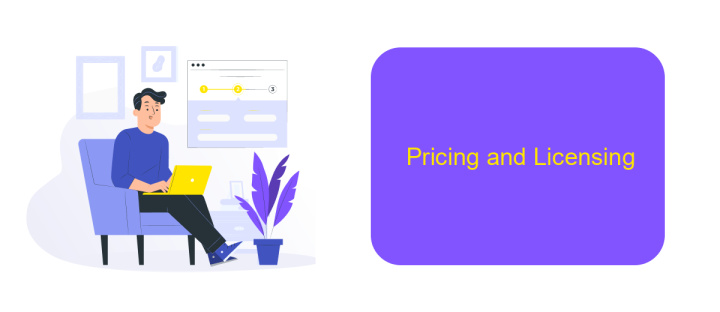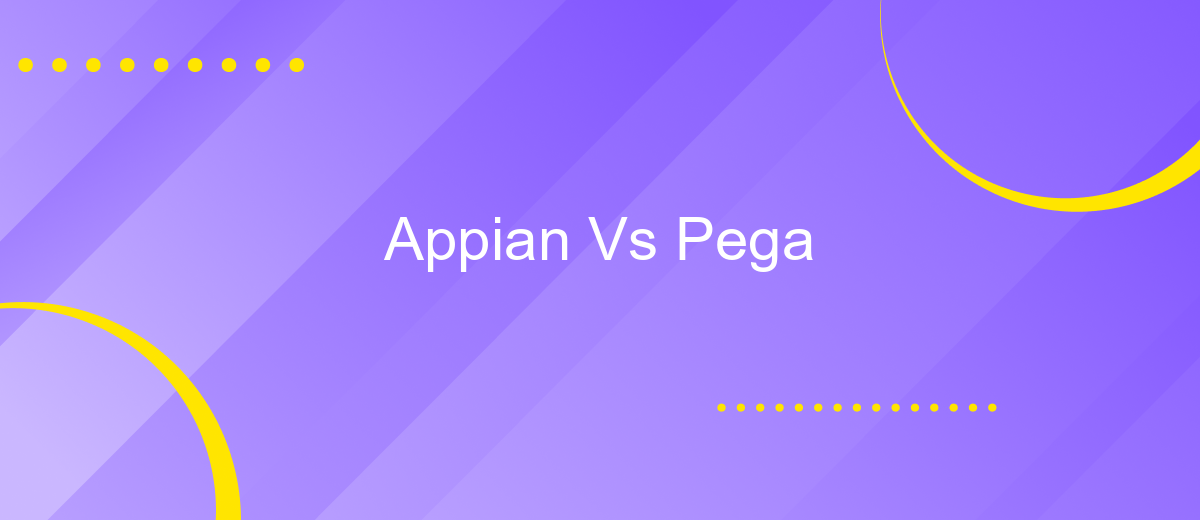Appian Vs Pega
When it comes to business process management (BPM) and low-code application development, two prominent platforms stand out: Appian and Pega. Both offer robust solutions for automating workflows, enhancing customer experiences, and driving digital transformation. This article delves into a comparative analysis of Appian and Pega, highlighting their unique features, strengths, and potential drawbacks to help you make an informed decision for your enterprise.
Introduction
In the rapidly evolving world of business process management, choosing the right platform is crucial for streamlining operations and enhancing efficiency. Appian and Pega are two leading contenders in this space, each offering a suite of tools designed to optimize workflows and automate processes. This article aims to compare these two platforms to help organizations make an informed decision.
- Ease of Use: Both platforms provide user-friendly interfaces, but their learning curves differ.
- Integration Capabilities: While both support a wide range of integrations, Appian is often praised for its flexibility.
- Customization: Pega offers more robust customization options, making it ideal for complex business needs.
- Performance: Both platforms deliver high performance, but their efficiency may vary depending on specific use cases.
When it comes to integrating third-party services, platforms like ApiX-Drive can be invaluable. ApiX-Drive simplifies the process of connecting various applications, ensuring seamless data flow and enhanced productivity. Understanding the strengths and limitations of Appian and Pega, along with leveraging integration tools like ApiX-Drive, can significantly impact your business's success.
Platform Overview

Appian and Pega are leading platforms in the realm of business process management (BPM) and low-code development. Appian excels in providing a user-friendly interface that allows rapid application development with minimal coding. It offers robust case management and process automation capabilities, making it ideal for organizations looking to streamline their operations. Appian's cloud-native architecture ensures scalability and flexibility, catering to both small enterprises and large corporations.
Pega, on the other hand, stands out with its advanced decisioning and AI-driven automation features. It provides a comprehensive suite of tools for customer engagement, CRM, and digital process automation. Pega's platform is highly customizable and integrates seamlessly with various enterprise systems. For businesses requiring complex integrations, services like ApiX-Drive can be leveraged to connect Pega with other software solutions effortlessly, enhancing overall operational efficiency. Both platforms offer unique strengths, making them suitable for different business needs and objectives.
Key Features Comparison

When comparing Appian and Pega, it's essential to highlight their key features to understand which platform better suits your business needs. Both platforms offer robust solutions for business process management, but they have distinct characteristics that set them apart.
- Appian: Known for its low-code development environment, Appian excels in rapid application development. It provides a user-friendly interface, strong case management capabilities, and seamless integration with various third-party services through tools like ApiX-Drive.
- Pega: Pega stands out with its advanced decision management and analytics. It offers a comprehensive suite for customer engagement and operational efficiency. Pega's AI-driven automation and dynamic case management make it a powerful tool for complex business processes.
Ultimately, the choice between Appian and Pega depends on your specific requirements. If you prioritize ease of use and quick deployment, Appian might be the better option. However, if you need advanced analytics and decision-making capabilities, Pega could be more suitable. Both platforms support extensive integrations, ensuring they can fit seamlessly into your existing IT ecosystem.
Pricing and Licensing

When comparing Appian and Pega in terms of pricing and licensing, both platforms offer flexible options tailored to different business needs. Appian uses a subscription-based model, with costs varying depending on the number of users and the specific features required. This allows businesses to scale their investment based on growth and usage.
Pega, on the other hand, provides a more customized pricing approach. Their licensing fees are typically determined by the complexity of the deployment and the number of applications being developed. This can be beneficial for enterprises with unique requirements and extensive customization needs.
- Appian: Subscription-based pricing
- Pega: Customized pricing based on deployment complexity
- Both offer enterprise-level solutions
For businesses seeking to integrate multiple systems and streamline workflows, services like ApiX-Drive can be invaluable. ApiX-Drive simplifies the integration process, allowing seamless connectivity between Appian, Pega, and other platforms. This ensures that businesses can maximize the efficiency and functionality of their chosen BPM solution.
Conclusion
In conclusion, both Appian and Pega offer robust solutions for business process management and automation. Appian stands out for its user-friendly interface and rapid development capabilities, making it an excellent choice for organizations looking for quick deployment and ease of use. On the other hand, Pega excels in scalability and complex case management, providing a more comprehensive toolset for enterprises with intricate and large-scale requirements.
When considering integration capabilities, both platforms provide extensive options. However, leveraging integration services like ApiX-Drive can significantly enhance the efficiency and flexibility of connecting various systems and applications. ApiX-Drive simplifies the integration process, allowing businesses to seamlessly automate workflows between Appian, Pega, and other essential tools. Ultimately, the choice between Appian and Pega should be based on specific business needs, scalability requirements, and the desired speed of implementation.
- Automate the work of an online store or landing
- Empower through integration
- Don't spend money on programmers and integrators
- Save time by automating routine tasks
FAQ
What are the primary differences between Appian and Pega?
Which platform is better for low-code development?
Can both Appian and Pega integrate with existing systems?
Which platform offers better customer engagement tools?
How do Appian and Pega handle scalability?
Apix-Drive is a simple and efficient system connector that will help you automate routine tasks and optimize business processes. You can save time and money, direct these resources to more important purposes. Test ApiX-Drive and make sure that this tool will relieve your employees and after 5 minutes of settings your business will start working faster.


